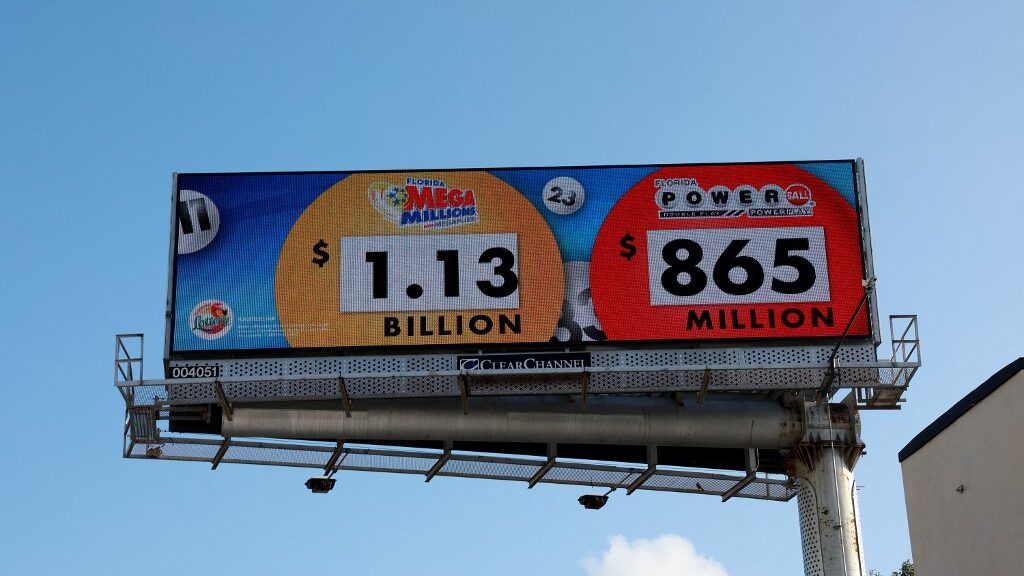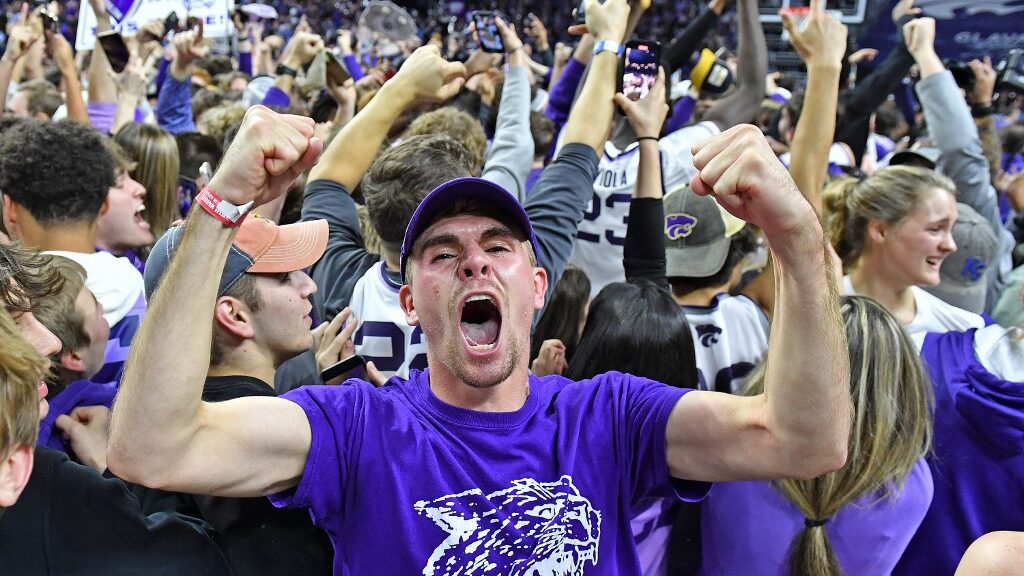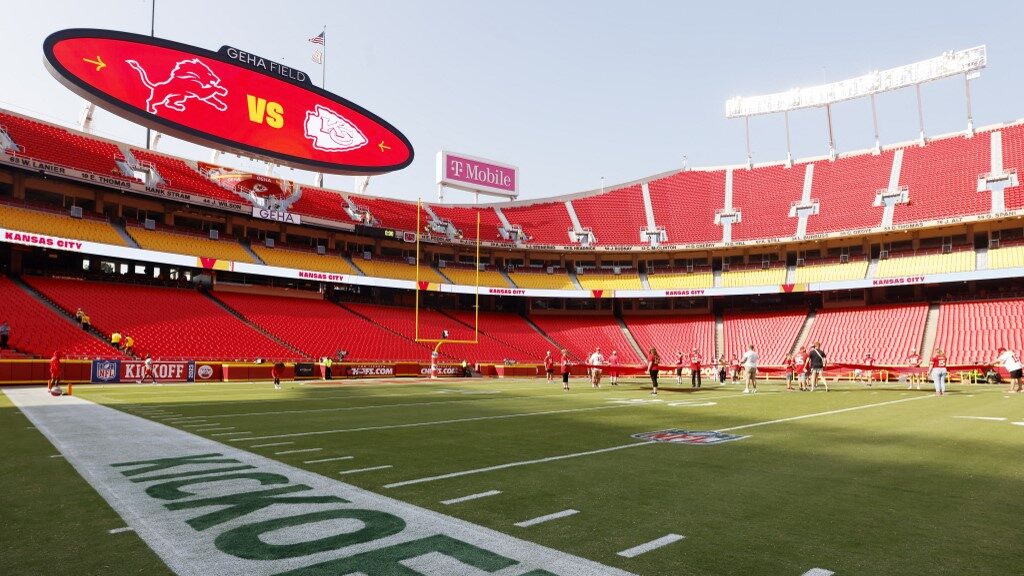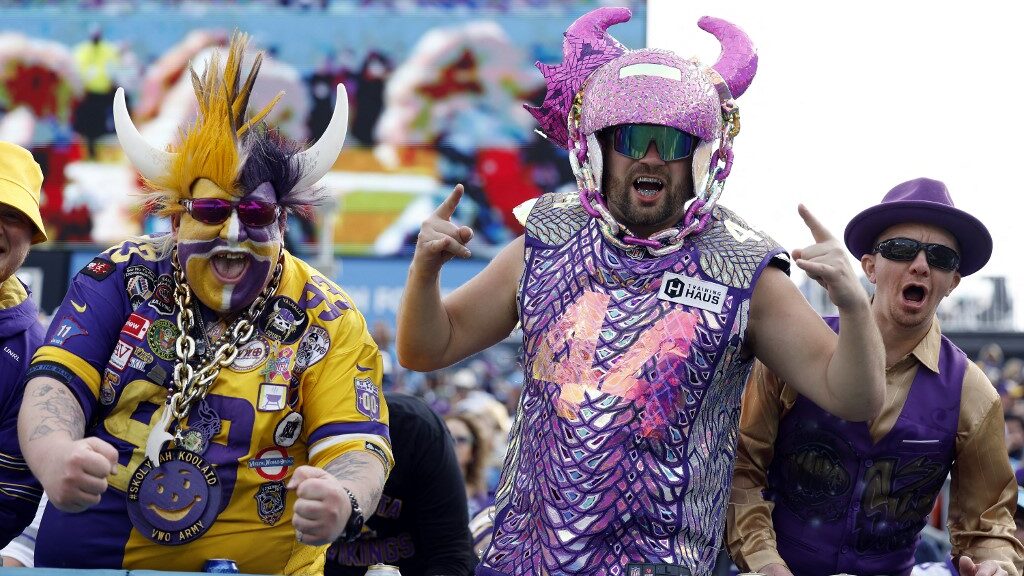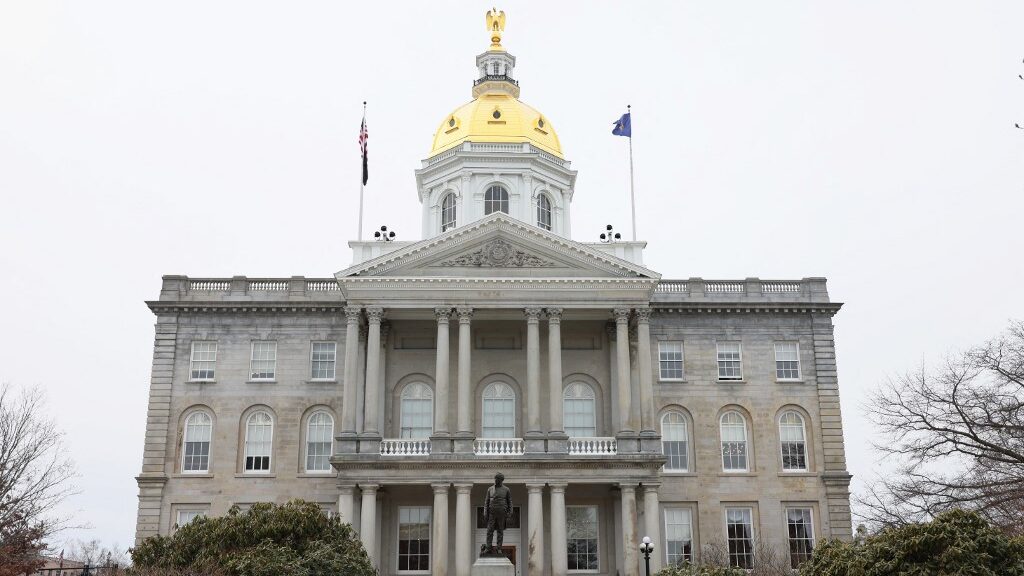
The online casino gambling bill had a rocky start in the Senate but after a recess was called, it passed by the narrowest of margins and will advance to the House for another vote.
Just like sports betting in the U.S., online gambling has gained strength in recent years and has expanded throughout the country.
Photo Finish
Representative Tim Lang’s online casino bill, SB 104, was initially shot down, 11-12, by the Senate but a quick-thinking colleague, Senate President Jeb Bradley, employed a legislative ace up his sleeve and called for a recess.
When the senators reconvened, Sen. Kevin Avard had flipped his vote and the bill advanced, 12-11, to the House. This was the first online casino bill this year to be successful, although getting the House to green light it will be another monumental hurdle to climb.
Primary Details of SB 104:
- Appoints the New Hampshire Lottery Commission to oversee online casino gaming.
- The NHLC would choose the operator(s) through a competitive bidding process.
- Allowable online games include online poker, blackjack, roulette, craps, and baccarat.
- Sets the minimum betting age at 18 years old.
- Directs New Hampshire online casino revenue to a community college scholarship fund.
New Hampshire’s motto is “Live Free or Die” for a reason. The citizens are fiercely independent and not fond of government interference. For instance, New Hampshire is only one of three states in the country with no motorcycle helmet law and was the first state to adopt its own state constitution.
Moreover, there is no general sales tax or personal state income tax which reflects the will of a free-spirited electorate. Therefore, it was not surprising that online sports betting in the Granite State was approved shortly after PASPA was overturned, paving the way for states to determine for themselves if they want online sports betting within their boundaries and not the federal government.
Protecting the Charities
However, getting online casino gambling approved has been a challenge but the reason for rejecting digital casinos and maintaining the status quo lies primarily to protect charitable organizations that are currently the beneficiaries of retail casino gambling. New Hampshire gambling laws permit charity casino gaming in which a portion of the proceeds must be given to charity but commercial casinos are not allowed.
The logic some legislators are using to reject online casino gaming is that it will dissuade people from frequenting these establishments and thus the money sent to charitable causes in the state will diminish significantly.
Sen. Daryl Abbas stated the following on the Senate floor “I just keep falling back to my biggest concern, which are the charities that these gaming houses have been so generous towards. But these charities, what they’ve done is come to rely on them. In my district, these are organizations that support children, veterans, they deal with homelessness, animal shelters, schools. I’m just not comfortable diluting that market to any extent. There’s too much unknown for me.”
College Funds Should Not Depend on Someone Else’s Entertainment
Sen. Cindy Rosenwald had issues with gaming being connected to education. “Beyond the instability that SB 104 would cause for the nonprofit sector, it’s clear to me that we should not make the ability for a person to go to college dependent on another person’s entertainment,” Rosenwald said.
Representative Lang rebutted by stating that the New Hampshire Lottery and the revenue generated from sports betting already fund education in the state. More to the point, do families really care where the money comes from as long it assists in putting their kids through school?
The bill now goes before the House and Rep. Lang acknowledged, “It will be a little bit of an uphill slog. It will be a little more challenging than in the Senate, but I think we can get there.”
*Bookmakers Review will continue to monitor this story and update our readers as events unfold.


